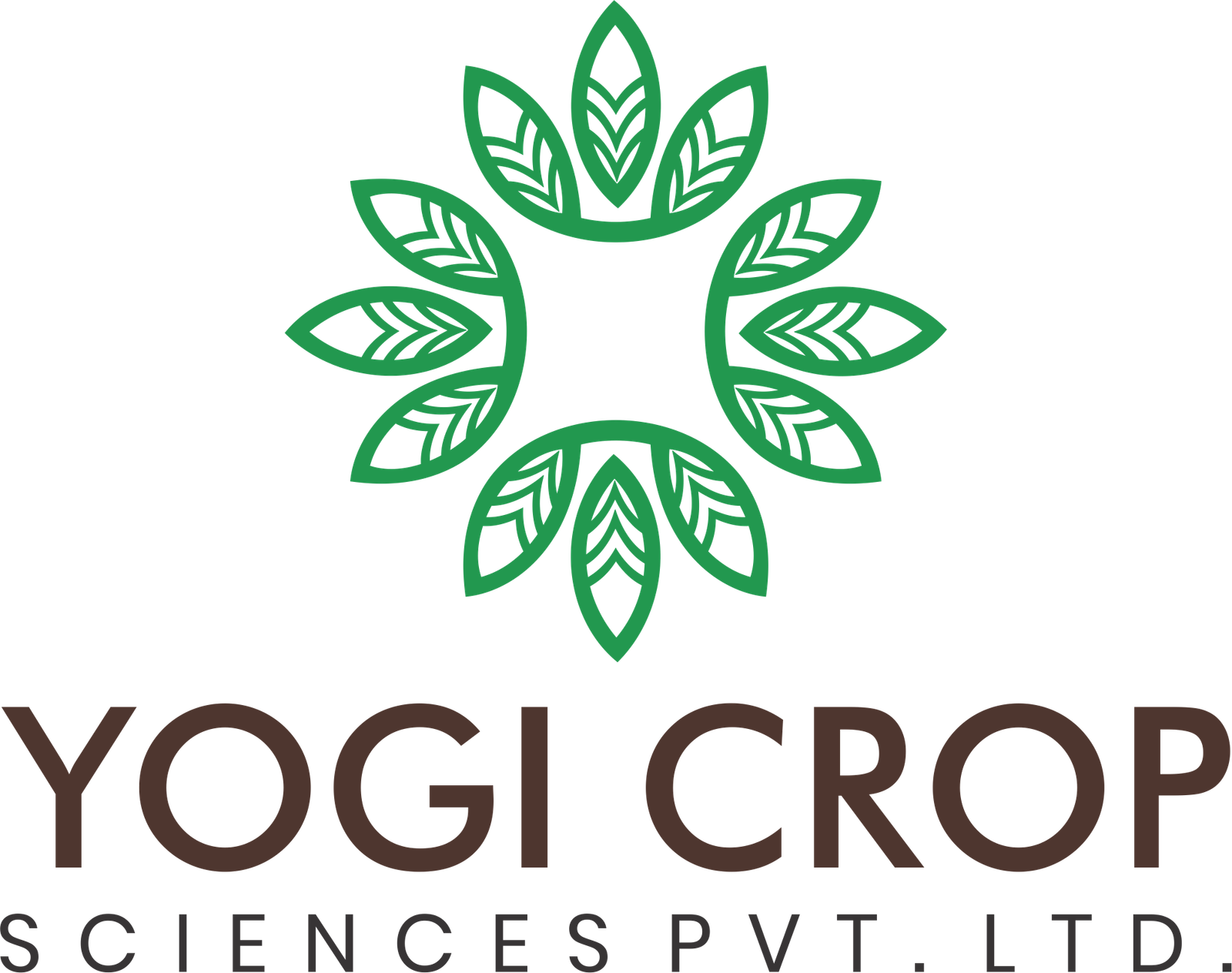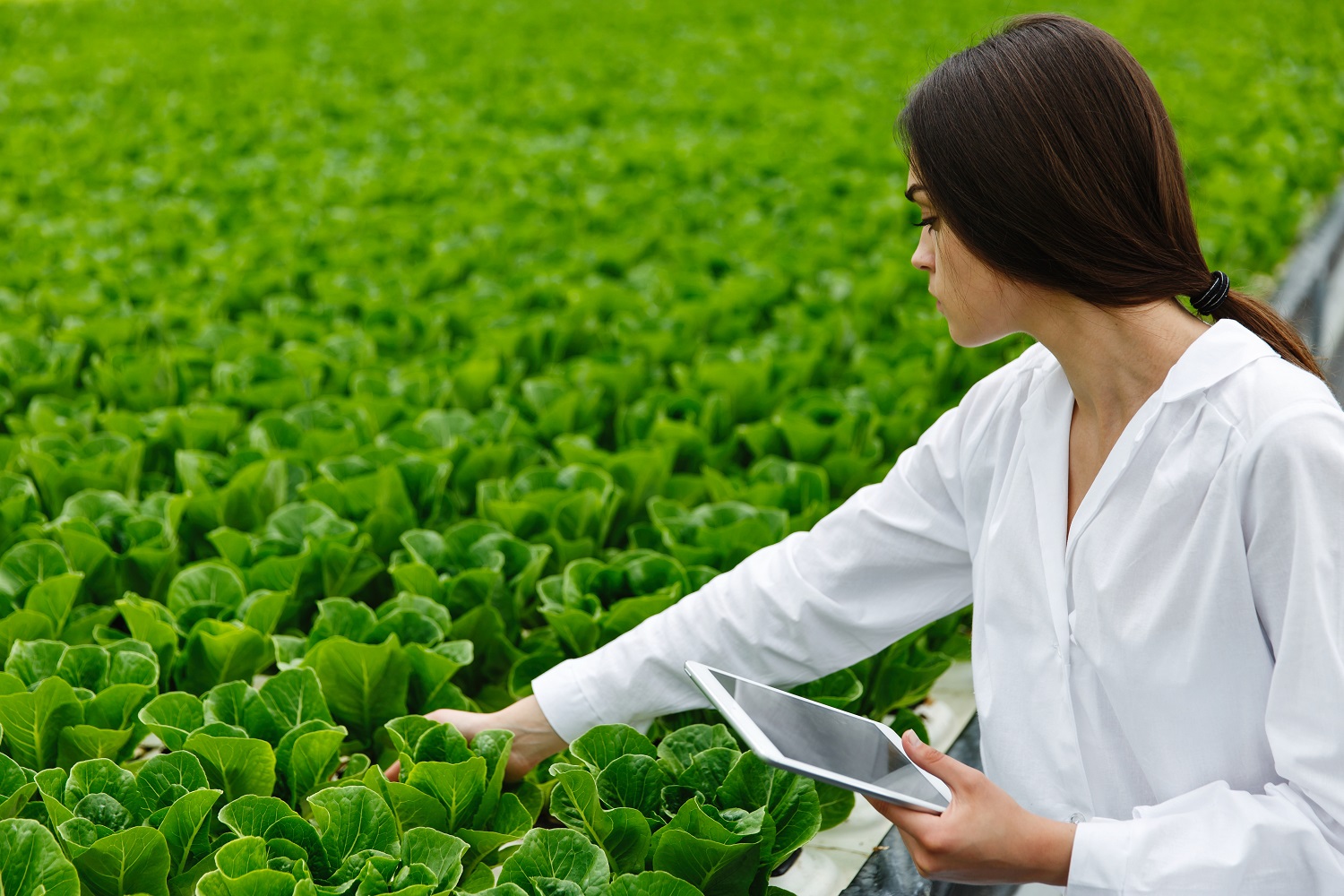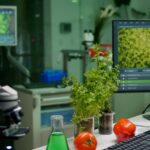Agrochemical Production and Field Trials: Ensuring Quality and Safety
Quality control is a fundamental aspect of agrochemical production, ensuring that every product that reaches farmers is safe, effective, and consistent. From raw material inspection to final product testing, stringent quality control measures help protect crops, farmers, and the environment.
- Raw Material Testing
The first step in quality control is assessing raw materials for purity, potency, and safety. Contaminated or substandard ingredients can compromise the effectiveness of agrochemicals, so manufacturers conduct thorough inspections before production begins.
- Precision in Formulation
Agrochemical production relies on precise formulation to ensure each batch meets regulatory and industry standards. Automated mixing systems and real-time monitoring help maintain consistency, reducing the risk of deviations that could impact product performance.
- Stability and Shelf-Life Testing
Stability tests simulate various environmental conditions to determine how well a product maintains its potency over time. These tests ensure that pesticides and fertilizers remain effective throughout their intended shelf life, minimizing waste and maximizing farmer investment.
- Field Testing and Efficacy Trials
Before new agrochemicals reach the market, they undergo rigorous field trials to confirm their effectiveness against pests and diseases. These trials provide valuable data on performance, dosage recommendations, and potential environmental impact.
- Regulatory Compliance and Certification
Governments and international bodies set strict guidelines for agrochemical production. Quality control teams ensure that all products comply with regulations regarding safety, toxicity, and environmental impact, obtaining necessary certifications before distribution.
- Packaging and Labeling Standards
Proper packaging is crucial for product integrity and safe handling. Labels provide essential information about application rates, safety precautions, and storage instructions, helping farmers use agrochemicals correctly and responsibly.
Technological Advancements in Agrochemical Quality Control
Modern agrochemical production has evolved with the help of advanced technologies that make quality control more precise and efficient. Digital tools such as AI-driven analytics, IoT sensors, and automated quality monitoring systems are transforming the production process.
These technologies enable real-time tracking of parameters like temperature, pH, and viscosity during formulation, ensuring every batch meets strict quality standards.
Machine learning algorithms also help identify potential inconsistencies early, reducing waste and maintaining consistent product performance.
Environmental and Safety Considerations
Beyond product performance, modern agrochemical companies prioritize environmental protection and safety. Quality control teams conduct eco-toxicity, biodegradability, and residue tests to ensure products are safe for soil, beneficial insects, and surrounding ecosystems.
By adhering to sustainable quality practices, manufacturers promote eco-friendly agriculture and help farmers protect the environment while boosting productivity.
Training and Farmer Education
To ensure optimal results, manufacturers also invest in farmer training programs. These initiatives educate farmers on safe handling, correct dosage, and responsible application techniques.
Such awareness programs not only enhance yield outcomes but also minimize the risk of chemical misuse, promoting safer and more sustainable agricultural practices.
Continuous Improvement and Global Standards
Quality control in agrochemical production is an ongoing process. Leading companies consistently evaluate their practices against international standards like ISO 9001 and Good Manufacturing Practices (GMP).
Through audits, innovation, and collaboration with research organizations, they continuously enhance their products’ safety, efficiency, and environmental responsibility.Continuous R&D investment helps develop next-generation agrochemicals that require lower dosages and offer longer-lasting protection — ultimately reducing costs and environmental load.
Conclusion
Quality control in agrochemical production is vital for maintaining product effectiveness, farmer safety, and environmental sustainability. By implementing rigorous testing, precise formulation, and regulatory compliance — along with technological advancements, farmer education, and continuous improvement — manufacturers ensure that their products meet the highest global standards, supporting sustainable and productive agriculture. In the end, strong quality control isn’t just about compliance — it’s about responsibility. It ensures that every drop, grain, or spray applied in the field contributes to a safer, healthier, and more sustainable agricultural future.







